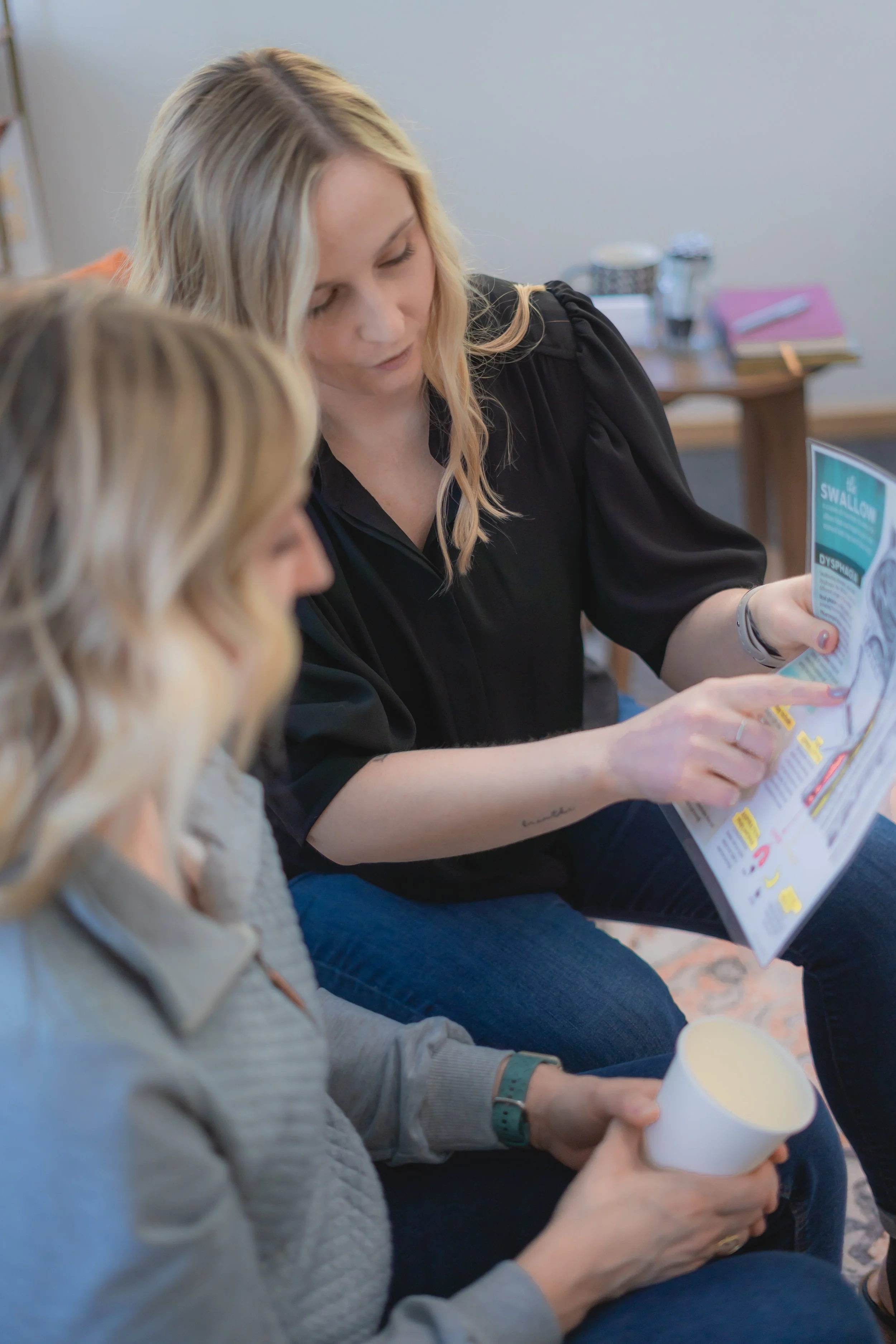Speech Therapy Services for Adults in the Seattle, WA Area
Our Approach to Therapy
At PNW Brain Rehabilitation, therapy is functional, personalized, and focused on helping you get back to the life you want. We don’t just treat symptoms— we focus on what matters most to you.
You can expect:
A calm, supportive space where you feel seen, heard, and understood
Therapy tailored to your goals, not a one-size-fits-all plan
Evidence-based treatment designed for real-life outcomes
Active involvement from caregivers and family when appropriate
A whole-person approach that considers emotional and practical needs
You’ll always know what we’re working on and why it matters.
Evaluations
Every therapy journey starts with a thorough evaluation. This helps us understand your needs and create a plan that supports your goals.
Here’s what to expect:
A structured interview to learn more about your background and current challenges
Formal or informal assessments, depending on your specific concerns
Clear explanations and results shared within one week
Personalized recommendations for therapy, including frequency and goals
Evaluations are offered in-person or through secure telehealth.
Our Therapy Services for Adults
Swallowing Therapy (Dysphagia)
Swallowing should be simple, not stressful. If eating or drinking feels unsafe or limiting, we’re here to help.
You can expect:
Personalized exercises to strengthen muscles and improve safety
Guidance on diet modifications and strategies to reduce aspiration risk
Support to help you eat confidently at home, in restaurants, or at social events
A chance to enjoy meals again— without fear, restrictions, or embarrassment
Swallowing therapy empowers you to eat and drink with confidence and freedom.
Cognitive Therapy
Thinking, planning, and remembering are essential for everyday life. Cognitive therapy supports your ability to manage daily tasks with more ease.
You can expect:
Support with memory, attention, and problem-solving
Tools to manage your time, organize your day, and stay on track
Real-life strategies for work, home, and community activities
A focus on building independence and reducing overwhelm
Cognitive therapy helps you feel more in control and capable in your daily life.
Language Therapy (Aphasia)
When words are hard to find, it can feel isolating. Language therapy helps you communicate more easily and feel connected again.
You can expect:
Therapy focused on speaking, understanding, reading, and/or writing
Support to improve conversations, everyday tasks, and social interactions
Caregiver training to strengthen communication at home
Strategies to reduce frustration and build confidence
Language therapy helps you express yourself clearly and reconnect with the people and moments that matter.
Speech Therapy (Dysarthria & Apraxia)
If your speech has changed after an injury, we’ll help you sound more like yourself again, so you don’t have to repeat yourself or feel misunderstood.
You can expect:
Strategies to help your speech sound clearer
Techniques to strengthen articulation and improve speaking rate
Support to help you feel more confident talking with others
Functional goals like making phone calls, ordering food, or joining conversations
Speech therapy helps you speak clearly, feel heard, and connect with ease.


